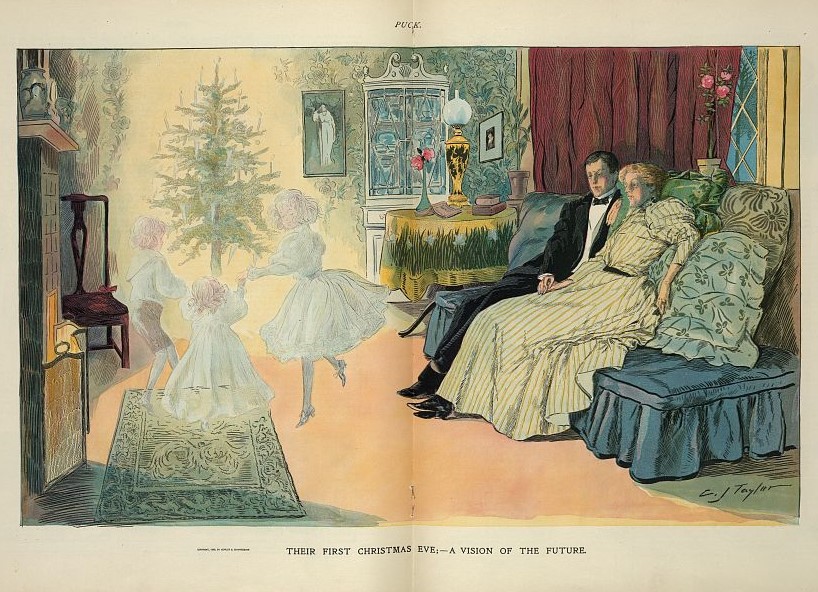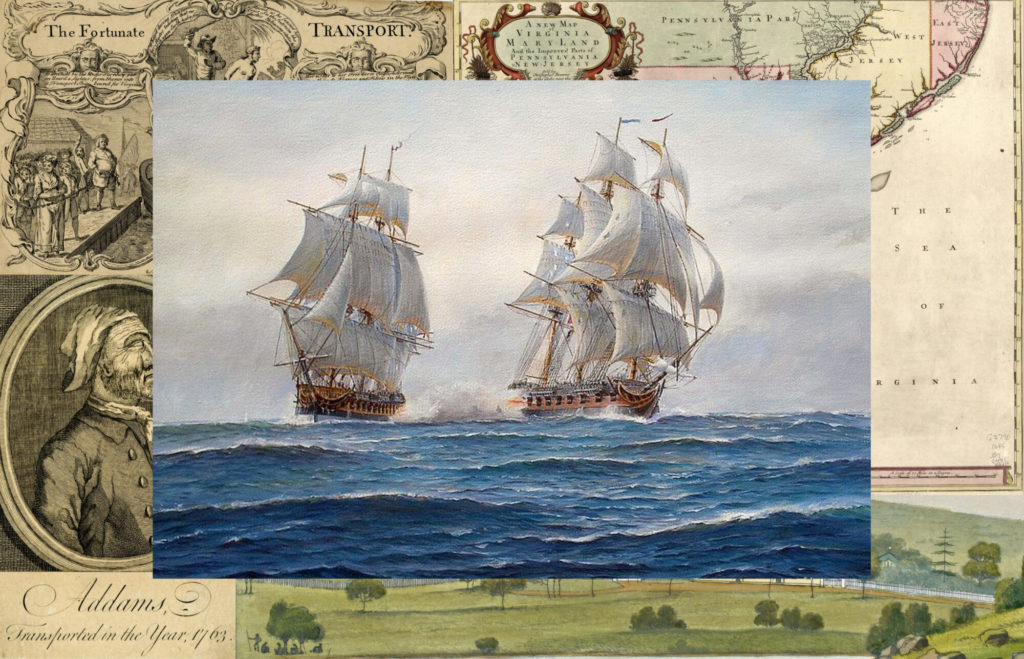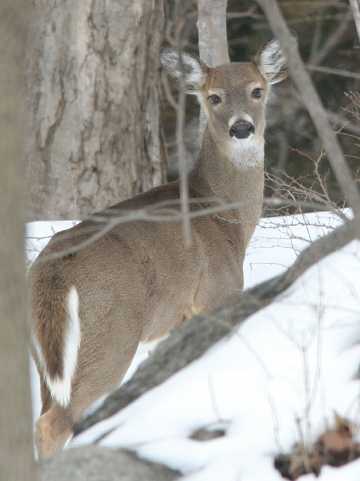
The Importance of Ritual
We are deep into the holiday season, and as we continue to plan our parties and family gatherings, purchase gifts to exchange with loved ones, and bake and cook special food, I have been reflecting on the importance of ritual and its role in making this time of season so special.
We normally associate ritual with religion and with good reason. Religion codifies practically every action that takes place in its name. Those who regularly attend religious services know exactly what to expect. The posted symbols and the acts that take place during religious ceremonies have been carefully thought out and developed over time, and the stability that they provide in the midst of a chaotic world can lend comfort to those who attend them.
But ritual has an important role to play in other institutions, both formal and informal. We have rituals in government, such as standing up when a judge enters the room or the administration of an oath of office when someone new takes over a position of power. Some rituals are daily, such as eating meals together around a dinner table at the end of the day. We enact ritual when we attend the theater by dressing up, sitting quietly in the audience when the lights go down, and clapping for the performers at the end of the performance in appreciation.
Family gatherings, especially over the holidays, are also coded with ritual. We often ask, “What does your family do for the holidays?” because we automatically assume that annual patterns govern our celebrations. Jokes about overeating at Thanksgiving and enduring tasteless jokes from an inappropriate uncle are cliché precisely because we all experience and engage in such behaviors, even though we belong to different families.
Why is ritual so ubiquitous? It must play an important role in our human existence, otherwise we would approach each day as if it is completely new and not try to connect one with any other. I have already touched on some reasons for why we engage in ritual, but here are three more, which, not surprisingly, all interrelate.
Rituals serve as markers of time. Ritual is defined as actions that are repeatedly performed in a precise manner. Every year, some households put out milk and cookies for Santa on Christmas Eve and wake up early in the morning to open the presents he has left under the tree. In the moment, the ritualistic similarities to past years stand out, but ironically, these similarities give us a base to remember important differences over time, such as the year when Santa brought exactly the present that was requested or when a special ornament was added to the annual tree trimming. My wife seems to be able to remember every outfit she wore at past Thanksgiving gatherings, but she’d have a harder time doing so for a random day of the year.
Rituals also help us measure our lives as we move through time: putting out milk and cookies for Santa with giddy excitement eventually becomes putting them out with a knowing wink in an act of adolescent nostalgia—and finally becomes eating the milk and cookies (or simply putting them back in their containers after the kids have gone to bed). The new roles that ritual assigns to us as we step aside to allow a new generation to take over a role that we have outgrown helps us both to define and accept our aging process.
Rituals help us to see and enact our social natures. Participation in rituals connects us to a social reality that is greater than ourselves. We can take comfort in knowing that we are a part of a larger picture, that the space we inhabit in it is important, and that we are not alone. Today we live in a society that places high value on the individual, but that value also means that each of us bears an awful lot of pressure and expectations to realize our potential as human beings on our own. Ritual is a means of connecting with other people who are going through the exact same experiences that we are, realizing that we are not alone on our journey, and finding support when we need it.
Rituals help us through moments of profound transition. Why do graduates all dress in ridiculous gowns and wear caps with odd squares on their heads during graduation ceremonies? Graduation is a joyful yet scary time for graduating seniors. These spring ceremonies celebrate accomplishing a tough goal, but they also mark a scary new beginning when new goals will need to be established—although this time without nearly the same structural support. Dressing in the same odd costume takes all of the individuals who have pursued myriad subjects of study during their college years and symbolically places them into the same category, that of graduating senior. What they are wearing creates solidarity and reinforces the knowledge that all of them are facing a similar moment of transition, even though they will soon go off to pursue different kinds of lives.
As you engage in the rituals of this holiday season, I wish you joy as you use these rituals to reflect back on years past, to appreciate the present moment with a greater sense of purpose, and to anticipate the wonderful moments that the future has in store for you.
—Anthony Vaver, Local History Librarian
Recommended Reading:
- The Power of Ritual: Turning Everyday Activities into Soulful Practices, by Casper ter Kuile.
- Living with the Gods: On Beliefs and Peoples, by Neil MacGregor.
- The Power of Myth, by Joseph Campbell, with Bill Moyers.
- Why Religion?: A Personal Story, by Elaine Pagels.
* * *
Project Empire Article
An article I recently wrote for the British online magazine, New Politic, is now available online. The article, “The Criminal Origins of the United States of America,” is about British convict transportation to America, which took place between the years 1718 and 1775, and is the subject of a book I wrote in 2011 on the subject called, Bound with an Iron Chain: The Untold Story of How the British Transported 50,000 Convicts to Colonial America.
The article is part of New Politic’s Project Empire series, which explores “Britain’s colonial acts abroad and the people over whom the British empire ruled.” The series contains articles covering Britain, Asia, Africa, America, Australasia, and the Middle East.
* * *
Westborough Nature in December
How long will the mild weather last? But even if the weather turns cold and snowy, just bundle up and explore Westborough nature with Annie Reid’s “Nature Notes” for the month of December: https://westboroughlandtrust.org/nn/nnindex?order=month#December. According to Reid, December marks the beginning of deer watching season!
* * *
Did you enjoy reading this Westborough Local History Pastimes newsletter? Then subscribe by e-mail and have the newsletter and other notices from the Westborough Center for History and Culture at the Westborough Public Library delivered directly to your e-mail inbox.

